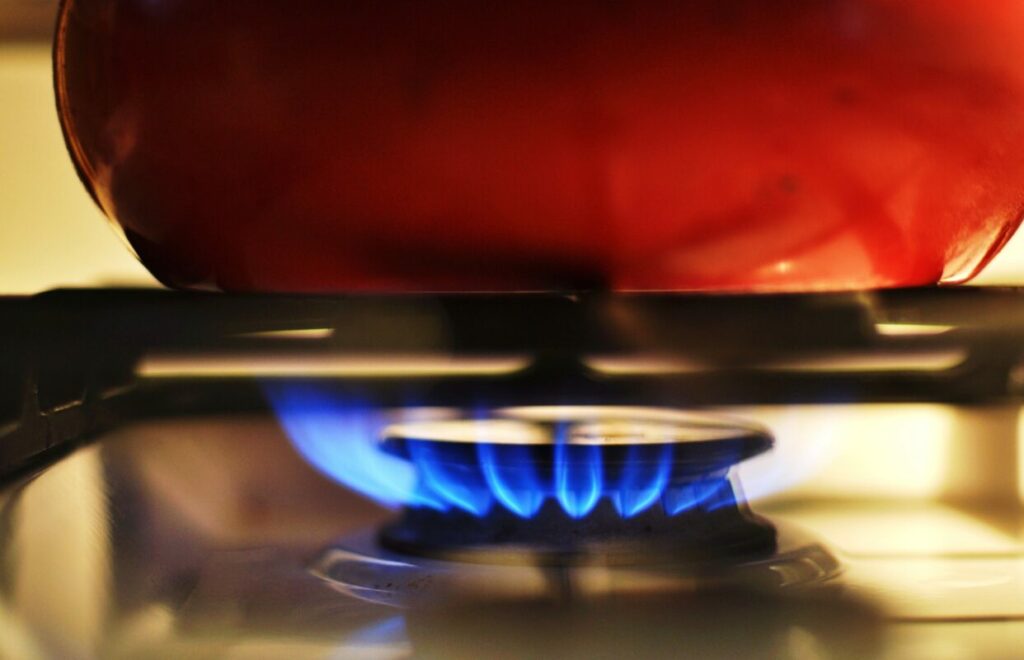New analysis from Cornwall Insight has revealed that introducing social tariffs could reduce the energy bills of the UK’s poorest households by £330.
Released before the introduction of the Q4 Default Tariff Cap – lasting between 1 October 2023 and 31 December 2023 at £1,923 for the average dual fuel household – the market researcher’s analysis found that removing the standing charge on energy bills could save eligible households £296.08 a year.
Alternatively, offering a 20% discount on the price cap unit rate could save UK households £332.62 per year.
Altogether, a social tariff has the potential to bring down the energy bills of a typical dual fuel household by roughly £1,600 per year in the first three months of 2024, added Cornwall Insight.
These substantial benefits could be unlocked at a relatively low cost to the government. According to Cornwall Insight’s analysis, the package of support required to enable social tariffs would equate to approximately £1.3 billion to £1.4 billion.
This is 4% of the £37 billion spent by the government on the Energy Price Guarantee and the Energy Bill Support Scheme (EBSS) over the past year.

Recent research by energy regulator Ofgem, revealed that up to 4.3 million UK households would qualify for a social tariff on broadband. According to Cornwall Insight, the figure for households eligible for an energy social tariff is similar.
Concerns over UK households struggling to pay their energy bills amidst the continued sky-high energy prices have grown louder as winter approaches.
Upon the release of the Q4 price cap level, members of the energy industry were quick to draw attention to the fact that energy bills will likely be higher this winter compared to last, despite a decrease of almost £600 between this price cap and that of October 2022.
The reason for this is the lack of government support – such as the aforementioned EBSS – which helped lessen the strain of high energy bills last winter but ended in June 2023.
According to the fuel poverty National Energy Action (NEA) an estimated 6.3 million UK households will be left in fuel poverty this October due to high energy prices combined with lessened support.
The NEA’s estimation was based on Cornwall Insight’s final price cap prediction for Q4 in August which was only £100 lower than the cap as later confirmed by Ofgem.
From the beginning of this year, concerns were raised about rising fuel poverty levels in the UK and social tariffs have been a suggested solution time and time again.
In January 2023, ninety-five charities and non-profit organisations signed an open letter to the chancellor Jeremy Hunt MP, calling for a social tariff to be implemented in the energy market to assist vulnerable households.
The public majority is also in favour of a social tariff; according to research by EDF, 77% of the British public support the introduction of a social tariff to support vulnerable energy customers.
“With the price cap struggling to keep bills affordable going into winter, and energy costs expected to remain above historical highs for the foreseeable future, the idea of energy social tariffs is gaining momentum. Many believe such support could be the much-needed lifeline for millions of people who are struggling to pay their energy bills, and their introduction would bring the energy sector into line with both its water and telecommunications counterparts,” said Dr Craig Lowrey, principal consultant at Cornwall Insight.
“While the government previously said it was open to discussion on support including social tariffs, progress has been disappointingly slow. Although there are already focused support measures in place for particularly vulnerable households, the harsh reality is that the price cap alone won’t shield many households from fuel poverty. Serious consideration of how to help the most vulnerable pay their energy bills needs to happen as soon as possible.”





